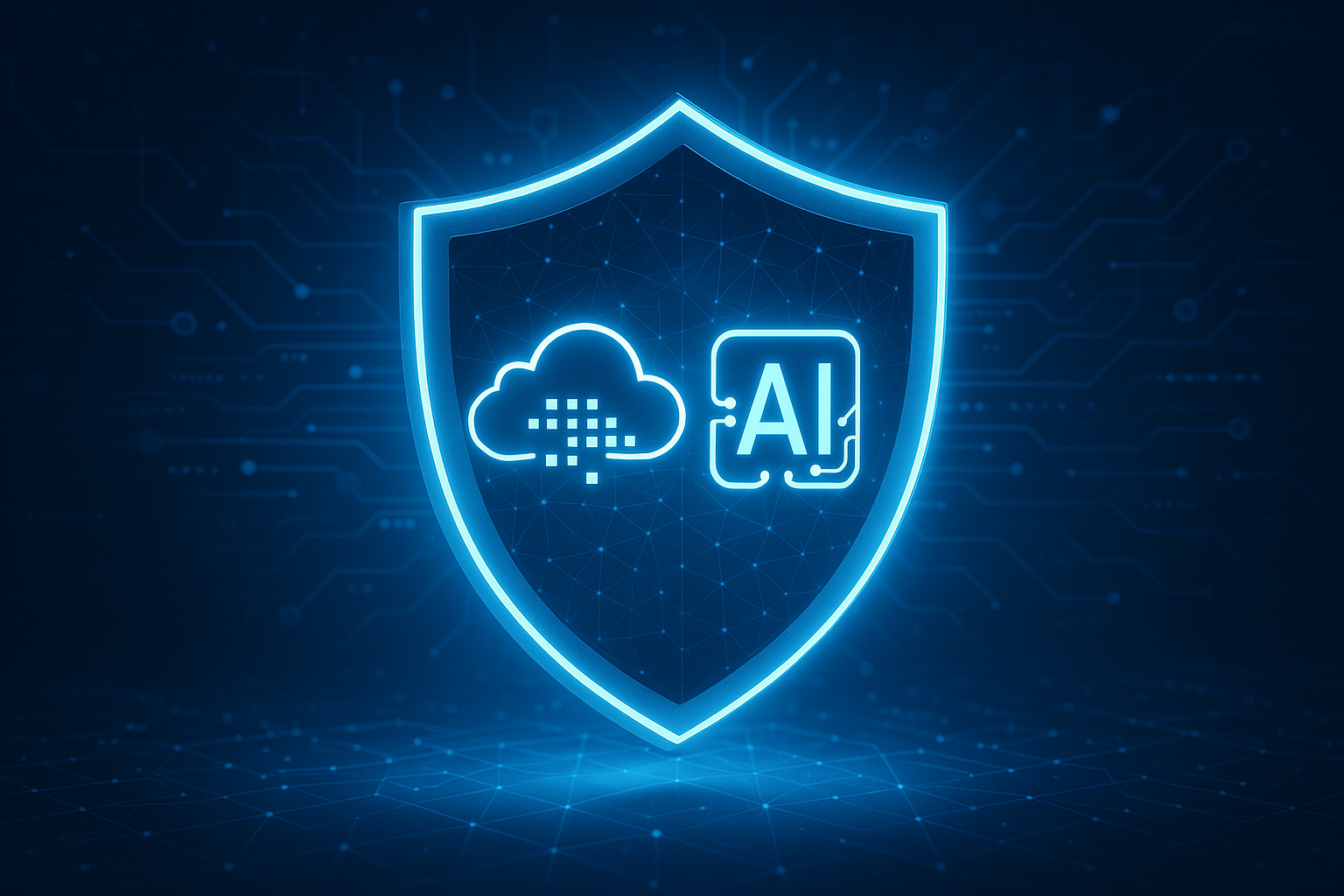AI Security Readiness: What the 2025 Wiz Report Reveals About Enterprise Risk
Artificial intelligence is reshaping modern business, but many organizations are still underestimating the security risks it introduces. The new AI Security Readiness Report from Wiz highlights how enterprise adoption of AI is outpacing their ability to secure it.
AI Growth Is Outrunning Security Controls
The report reveals that 70% of companies already use AI in production, yet most have not built strong security protocols around it. This imbalance leaves critical systems vulnerable to misuse.
For example, many teams:
- Overlook where and how AI models operate
- Fail to define clear AI governance frameworks
- Allow unsanctioned AI tools to run without oversight
As a result, these gaps open the door to attacks that traditional tools might not catch.
Key Security Risks from the Report
Wiz identifies several specific vulnerabilities that companies must address:
- Model Exposure – When organizations leave endpoints unsecured, attackers can manipulate or clone AI models.
- Data Leakage – Sensitive data often flows through AI pipelines. Without proper protections, this information can leak through APIs or misconfigured cloud storage.
- Prompt Injection and Abuse – Large language models can be tricked with crafted inputs that bypass filters or lead to unexpected behaviors.
These risks highlight the need for security teams to expand their threat models beyond traditional software concerns.
How Enterprises Can Strengthen AI Security
Fortunately, organizations can take several steps to close these gaps. The Wiz report outlines key strategies that align AI adoption with security best practices:
- Introduce AI-specific threat detection tools to monitor unusual model behavior
- Assign clear ownership over every AI system, including governance and maintenance
- Conduct regular AI security audits to track access, data exposure, and performance risks
- Develop secure coding guidelines for AI developers and data scientists
By doing so, enterprises not only protect their data but also ensure their AI systems operate safely under real-world conditions.
Why This Report Matters Now
As AI becomes a core part of business infrastructure, securing it can no longer be an afterthought. Ignoring these threats today could result in future breaches, reputational damage, or even legal exposure.
In contrast, companies that prioritize AI security now will gain a competitive edge. They’ll be better equipped to innovate responsibly while protecting customers and business assets.




Comments are closed